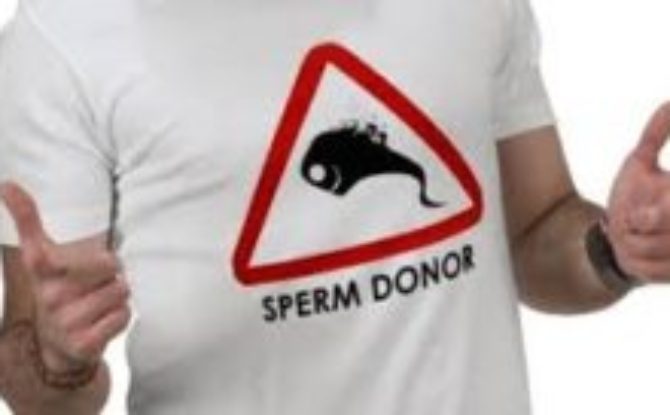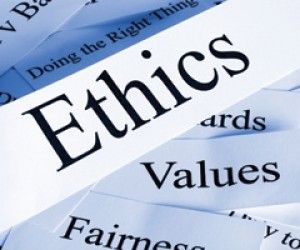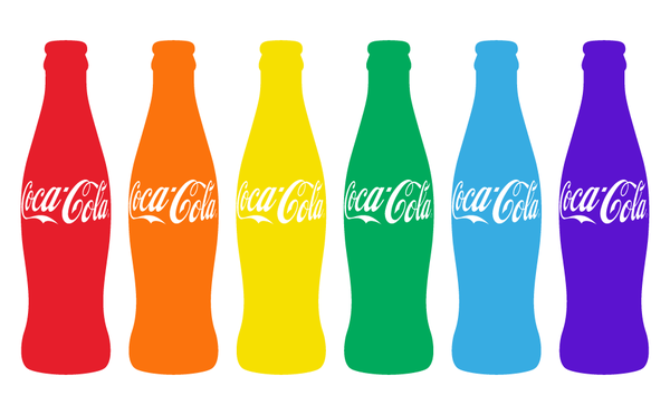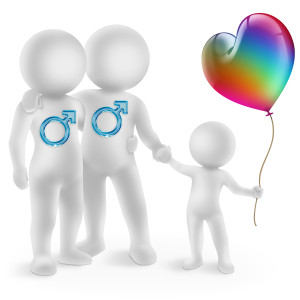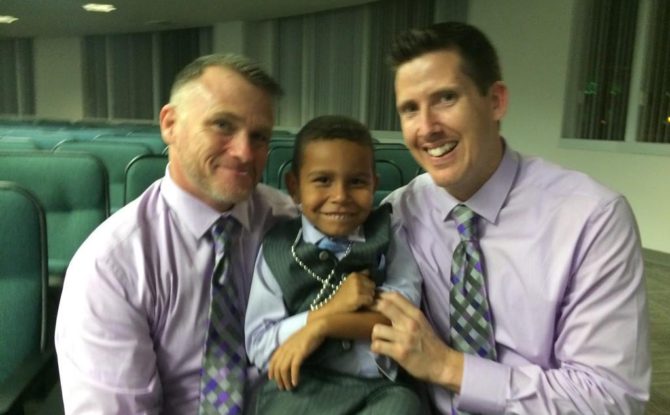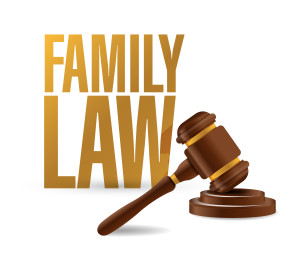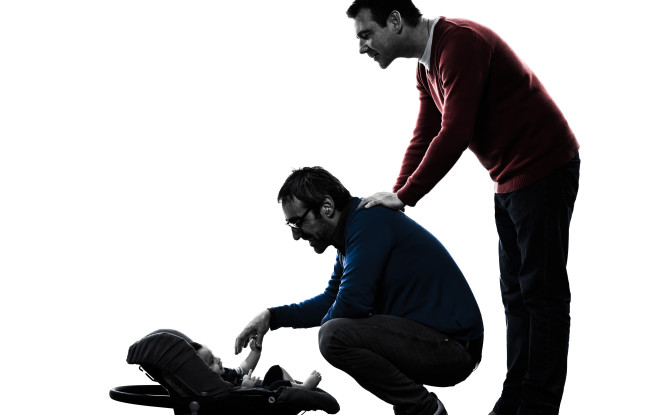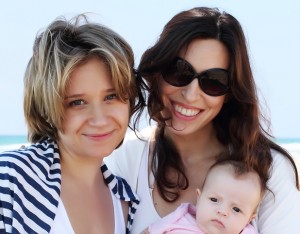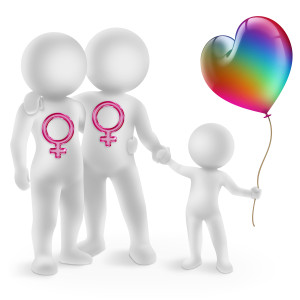Gay rights vs. religious protections feels like the social battle of the moment right now, and it might not go away anytime soon.
In the wake of the June Supreme Court ruling legalizing same-sex marriage, dozens of states have considered or are considering legislation to give Christians and other people protections from doing something that violates their religious belief. It’s got LGBT advocates playing whack-a-mole across the nation as they argue that these laws amount to sanctioned discrimination of gay rights.
Three battles in the South over gay rights in particular have made headlines. Mississippi recently passed a sweeping bill allowing businesses, religious institutions and state government employees to refuse service to LGBT people. Georgia’s Gov. Nathan Deal (R) vetoed a bill aimed at protecting religious institutions from having to perform same-sex marriages. And then there’s North Carolina and its bill limiting public bathrooms and locker room access for transgender people, which is a whole other issue for another day.
We spoke to Rochelle Finzel, director of the children and families program with the nonpartisan National Conference of State Legislatures to get a better feel for why this seems to be taking up so much oxygen now — and what could come next. It’s important to note that Finzel and her staff don’t take any positions on policy; rather they track the legislative trends related to family law. Our conversation has been edited for length and clarity.
THE FIX: There’s a perception that laws protecting religious institutions and officials from having to perform same-sex marriages is a new phenomenon this year. But really, the 13 states that legalized same-sex marriage through state legislation included religious freedom protections too, right?
Finzel: That’s right. In some states that was the compromise; the only way they were going to get their legislation passed to legalize same-sex marriage was to make sure those religious officials were protected.
What’s happening now, after the Supreme Court ruling where now all states have to recognize same-sex marriage, I think it raised those same concerns of: How do we make sure the law is protecting those whose religious beliefs do not necessarily support same-sex marriage? So these conversations have been a little bit broader than just the solemnization question.
THE FIX: So you’re saying these new bills are controversial in part because they’re expanding beyond protecting religious institutions to how to protect the average person on the street who doesn’t agree with same-sex marriage for religious reasons? Is that a new debate?
Finzel: From my vantage point, that’s new.
The bills that have generated the most controversy and the legislation that ultimately most states, besides Mississippi, have vetoed, that’s been where that controversy has arisen. And certainly where you see the business community weigh in.
It raises the question of: Are we then allowing discrimination if a person is able to deny services or benefits to someone based on their religious beliefs? We’re protecting one set of beliefs, but then is it discrimination on the other end? And that’s been the real question. But we are very early on in this conversation on gay rights.
THE FIX: How do you see this conversation evolving?
Finzel: This is new territory for states. They’re trying to think about the implications of same-sex marriage across a whole host of issues, from the religious protections as well as some of the family law. I think certainly the emphasis and focus right now is just on same-sex marriage and recognizing same-sex marriage.
The next piece will be, now that we have same-sex marriage and also have same-sex parents, what are the implications in terms of custody, parentage, paternity and all those related issues — child support, child custody, adoption.
THE FIX: When the Supreme Court legalized same-sex marriage in June, was your reaction like, ‘Oh man, get ready for this huge legislative battle in the states,’ or have all these developments surprised you?
Finzel: It may have happened more quickly than we had anticipated. But it certainly has been on our radar. We were thinking, ‘What will this do for family law?’ And I’m not so sure that anyone really has all of the answers to that question yet.
THE FIX: Why are bathroom bills happening in conjunction with all this?
Finzel: That’s a good question. Maybe it’s a question to pose to some of the advocates on these issues. Has that been part of their platform as well?
THE FIX: Is it fair to say the religious protection vs. gay rights discussion has been centered in the South, which tends to have a higher concentration of social and religious conservatives who don’t necessarily agree with same-sex marriage?
Finzel: I think it’s a discussion around the country. All states are — and especially where the Supreme Court ruling was the first time they had to recognize same-sex marriage — sort of deer in the headlights, like, ‘Okay, what do we do?’ And I would say that’s across the board.
There are some that are looking at family law, some looking at how we change the language of our statutes so they reflect a more gender-neutral portrayal of family structures. We see more activity in the Republican states, but it’s not that it hasn’t been introduced or discussed in Democratic states. Family issues are not partisan.
by Amber Phillips, Washington Post – April 13, 2106
Click here to read the entire article.

